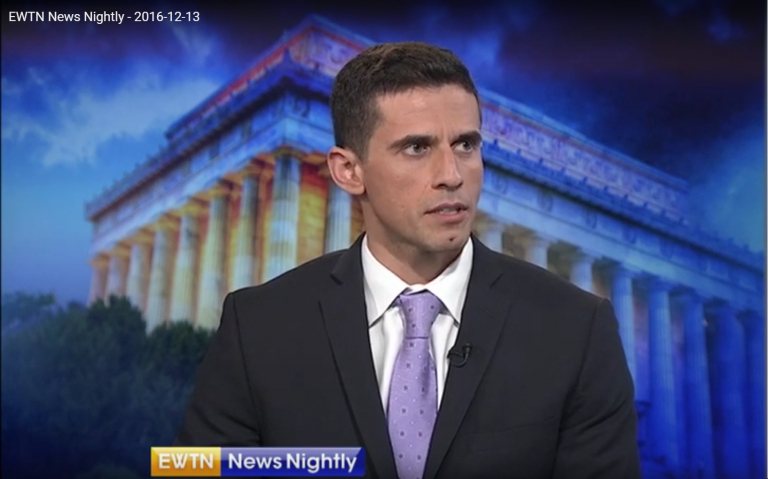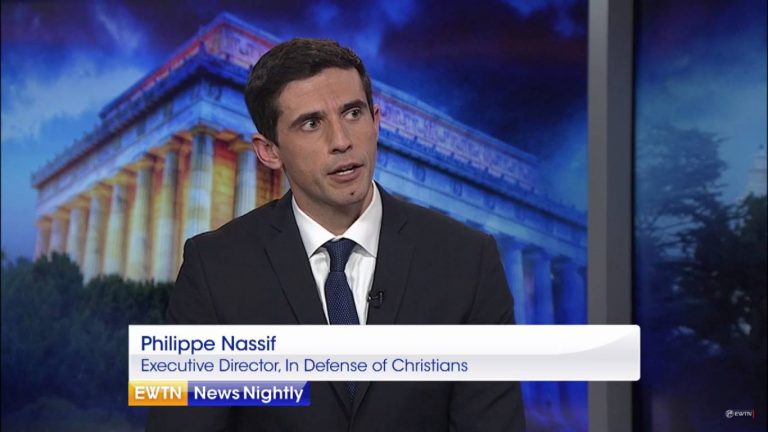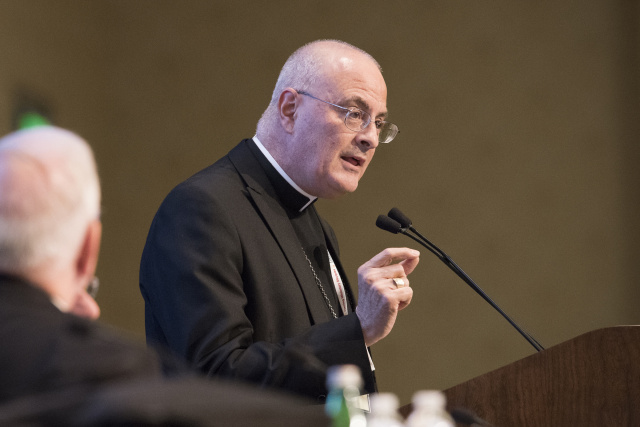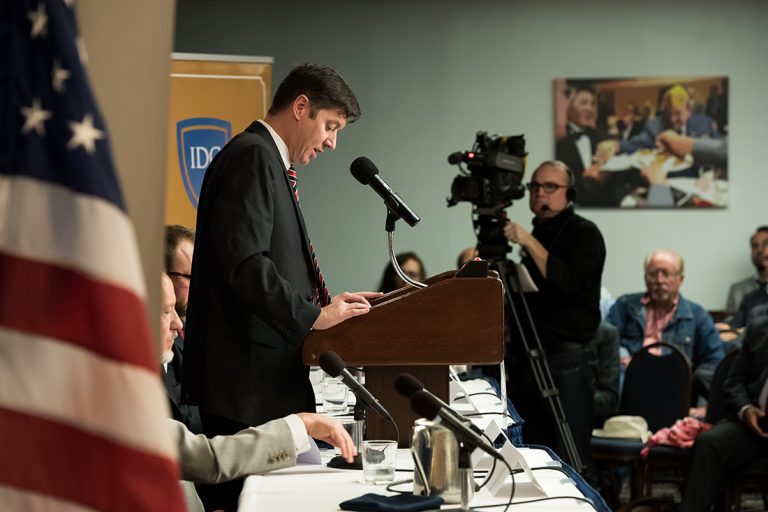Authorities in a governorate in southern Egypt have allowed 21 churches to restore, expand and rebuild, after a wait of about two decades, and some are attributing this gesture to U.S. Vice President Mike Pence’s scheduled visit to the country later this month.
The Minya Governor, Essam al-Bedeiwi, has approved 21 applications of churches in rural Minya governorate over the last six months, according to World Watch Monitor, which says some of the churches had been waiting for more than 20 years for a permit to come through.
A local source was quoted as saying that Egypt’s President Abdel Fattah el-Sisi is keen to “show the U.S. that Egypt is standing with the Christians and that there is no persecution in Minya governorate.”
UN Gives Egypt 1 Week to Re-Open Closed Coptic Churches as Christians Cry Out
Some also believe that the approval of applications could be a result of visits by international evangelical delegations to Cairo.
Last month, leaders from evangelical churches from around the world met President Fattah el-Sisi in Cairo, as part of the celebrations marking 500 years since the Reformation. A delegation of Christian evangelicals from the United States also met evangelical leaders in Egypt.
However, Christians in Minya continue to face persecution. The Coptic community there has witnessed numerous churches being forcibly closed or set on fire. Some of them have been reopened but others are still waiting for a permit.
In October, in one weekend alone, four Coptic churches were closed by local authorities in Upper Egypt seeking to ease tensions between Muslim and Christian villagers, according to the Monitor.
In November, a top U.N. lawyer, Joseph Malak, gave the Egyptian government one week to stop the closing of Coptic churches and begin re-opening the ones that have already been closed.
Malak, fellow of U.N. high commissioner for Minority Affairs, sent an official warning to Prime Minister Sherif Ismail, as well as the ministries of interior, local development, parliamentarian affairs, and the governor of Alexandria, calling for an end to the crackdown on churches.
Pence announced at the annual “In Defense of Christians” summit in October that the U.S. government “will no longer rely on the United Nations alone to assist persecuted Christians and minorities in the wake of genocide and the atrocities of terrorist groups,” and “provide support directly to persecuted communities through USAID.”
“The United States will work hand in hand from this day forward with faith-based groups and private organizations to help those who are persecuted for their faith. This is the moment, now is the time, and America will support these people in their hour of need,” Pence said.
After targeting churches, terrorists in Egypt also attacked a mosque, al-Rawda, in Sinai during Friday prayers and killed as many as 309 people and injured over 100 others on Nov. 24.
An Egyptian television host was suspended from the privately-owned Sada al-Balad Media Group by the company’s owner Mohamed Abu al-Enein after she made an inappropriate comment about church bombings when speaking about the attack.
“We saw attacks by terrorists on the police and army, and we said this is mutual violence. These extremist groups have attacked churches and we said that they think it is a [different] religion, not Islam, and it is hostile to them, and then we said it is OK. But how [can these groups attack] Muslims?” host Rasha Magdi had said.
According to Open Doors USA’s 2017 World Watch List, Egypt ranks as the 21st-worst country in the world when it comes to Christian persecution. Additionally, the Congressionally mandated United States Commission on International Religious Freedom has recommended that the U.S. State Department list Egypt as a “Tier 2” country, a designation that singles out countries where religious freedom violations are tolerated.
In December of 2016, 29 were killed and 47 were injured when a suicide bomber attacked the St. Peter and St. Paul’s Church in Cairo.
On Palm Sunday, twin suicide bombings killed 47 people and injured 126 others at churches in Tanta and Alexandria. The Palm Sunday bombings caused a number of Egyptian churches to cut back on their Easter celebrations.







